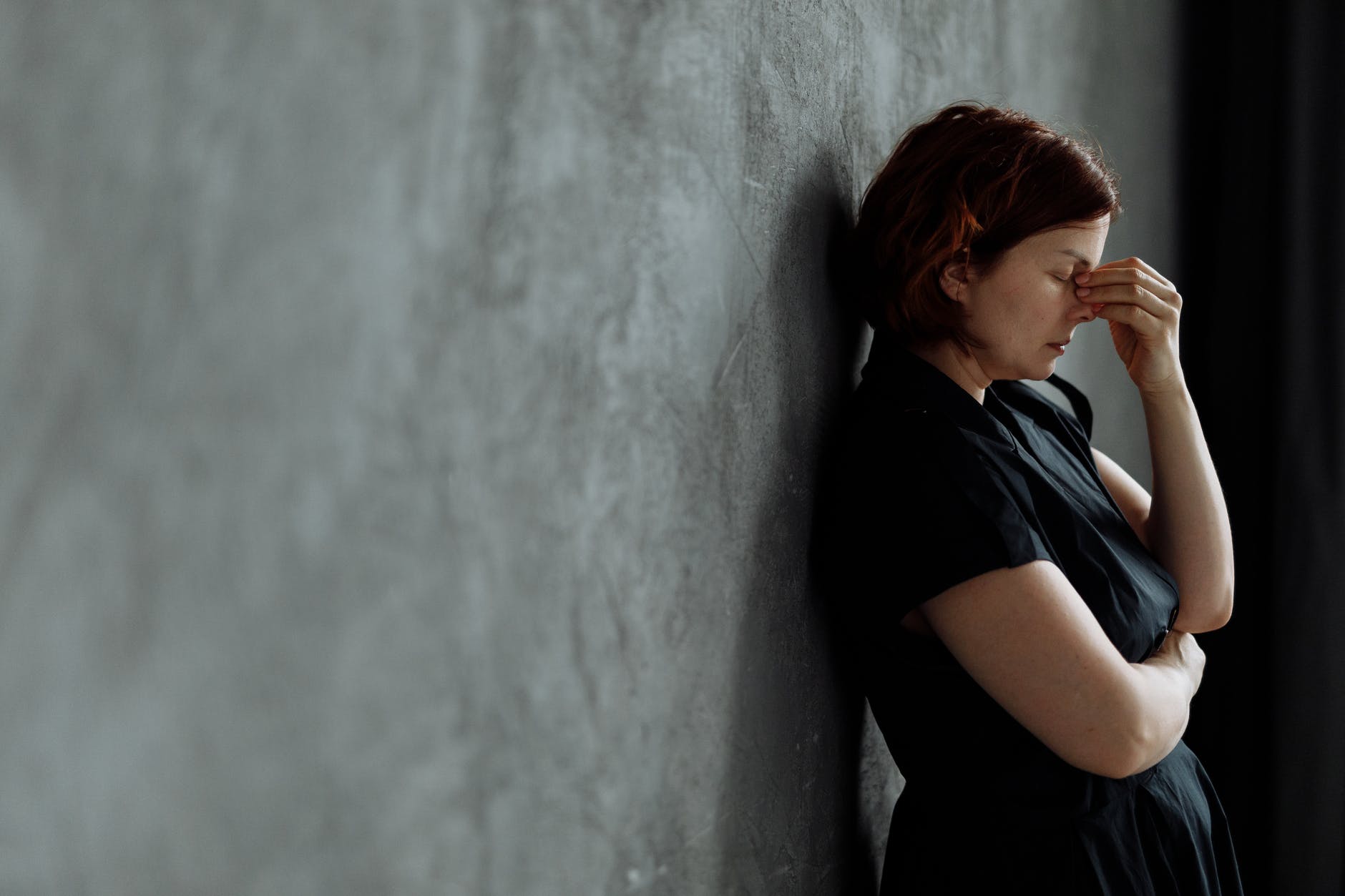Burned-Out Mothers Worldwide
August 28, 2018The Topic: Burned-Out Mothers WorldwideThe News Story: In Japan, Working Mothers Battle Overwork CultureThe New Research: Underestimating the “Mommy Effect” in the U.S. and U.K. The News Story: In Japan, Working Mothers Battle Overwork Culture “In Japan,” reports a recent news story, “long working hours is a serious issue for both women and men. This is a country where karōshi, or death by overwork, is regularly reported in the news. But women are still expected to do most of the child care.” The result, not surprisingly, is that fewer women are bothering to have children in the first place, and also that far fewer women than men hold top-level positions. But with a Japanese Prime Minister aiming to get more and more women into the workforce in the name of gender equality, something has to give—some companies now have an emphasis on shorter work days, more flexibility, etc. But what this story doesn’t mention is that in places like the U.S. and UK, where maternal leave policies, flex-time, etc. are already much more generous than in Japan, women still find themselves feeling severely and even surprisingly burned out. (Source: Sally Herships, “In Japan, Working Mothers Battle Overwork Culture,” PRI, August 24, 2018) The New Research: Underestimating the “Mommy Effect” In the U.S. and UK In industrialized Western nations, more women than ever now participate in the workforce, including women who wish to be mothers one day. And yet, a new study by an international team of researchers has found that women consistently underestimate the true “costs”—both time and money—of motherhood, and many women who originally planned to continue working after the birth of their first child find themselves at home. Titled, “The Mommy Effect: Do Women Anticipate the Employment Affects of Motherhood?”, this National Bureau of Economic Research working paper seeks to address this question usin
Categories:

